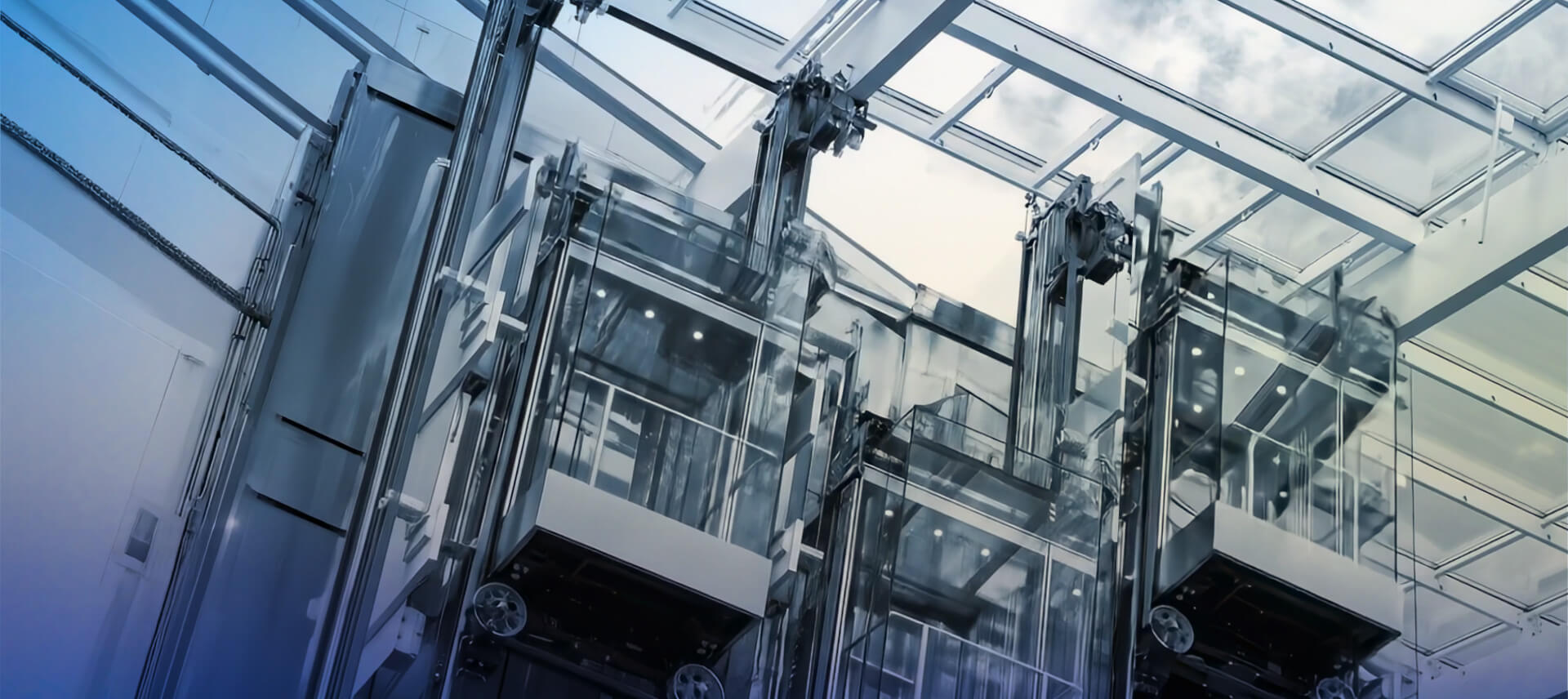Elevator Maintenance and Modernization
Turn maintenance into a growth engine with virtual twins that enable smarter decisions, optimized uptime, and new business models.
The Elevator Modernization Challenge
Elevators are ageing, cities are growing taller, and the pressure to meet climate goals is only intensifying. At the same time, emerging business models like Equipment as a Service (EaaS) are transforming how elevator performance is measured and monetized. By tying service outcomes directly to revenue, EaaS turns uptime into both a service metric and a business imperative.
Traditional elevator maintenance can no longer keep pace with rising expectations for safety, efficiency, and sustainability. That’s why elevator manufacturers are pivoting to smarter strategies, shifting from reactive repairs to preventive, data-driven maintenance and strategic modernization planning.
Did You Know?
Modernization can reduce elevator energy consumption by up to 70%, especially in standby mode.
How Virtual Twin Technology Transforms Elevator Maintenance
Think of the virtual twin as the elevator industry’s next-generation control room. This dynamic, virtual replica of operational elevators in the field brings together data from IoT sensors, maintenance logs, usage patterns and more. With the installed-base virtual twin, manufacturers and service teams can spot signs of wear before they become failures, test maintenance plans in a virtual environment, and streamline service down to the smallest detail.
Prevent failures before they happen
AI-driven insights flag issues before they cause disruption, helping to prevent breakdowns and avoid costly emergency callouts.
Streamline maintenance operations
The installed-base virtual twin provides a comprehensive digital record of each elevator, supporting smarter spare parts management, retrofit planning, and compliance tracking.
Reduce downtime and service costs
Remote diagnostics and preventive maintenance scheduling cut down on site visits and speed up technician interventions, saving time and money.
Improve energy efficiency
Modernized elevators use up to 70% less energy. Virtual twins help maintain those gains by optimizing performance over time.
Optimize people flow
Smart systems respond to real-time traffic and usage patterns, positioning elevator cars efficiently to lessen wait times and energy use.
Prolong equipment life
Upgrade of key components over time allows for strategic improvements, enabling gradual modernization of assets while extending their lifecycle.
The Future of Elevator Maintenance
Discover data-driven strategies and practical insights from expert perspectives on the latest developments in elevator maintenance and modernization for reliable and sustainable asset performance.






